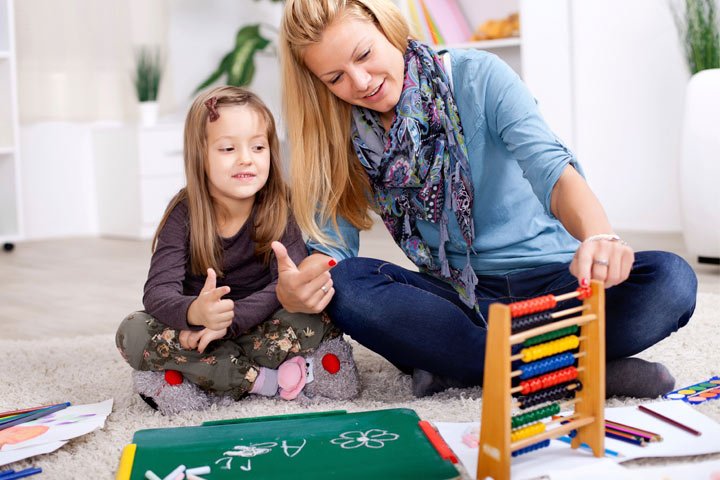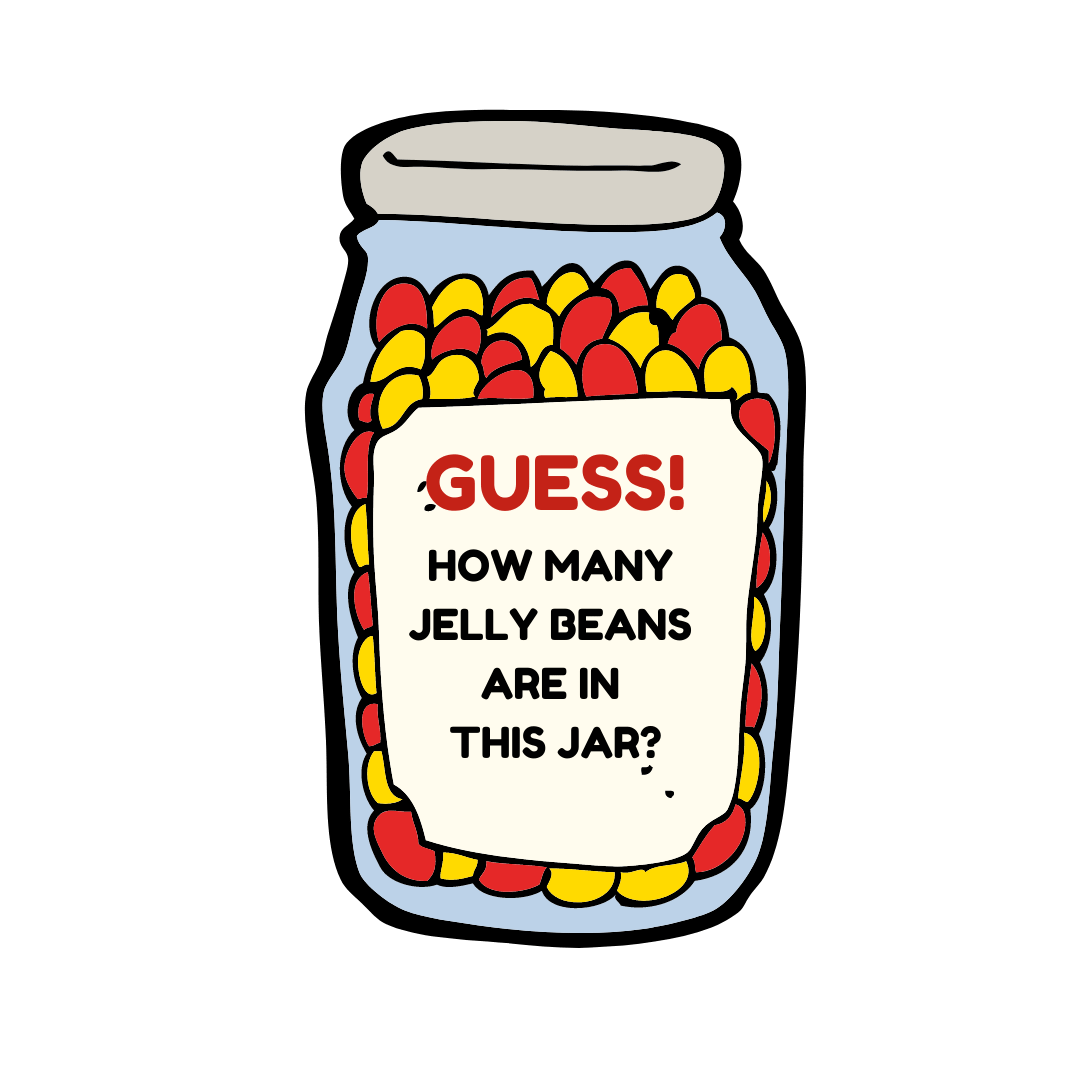
Is teaching math at home hard for you?
Many children, after fifth grade, start to detest the subject math. For them, it’s either overwhelmingly hard or frustratingly boring.
And on top of that, if your child is learning math at home, getting them to stay excited about math can be a task in itself. Young learners can find learning math at home tedious. It’s not that they don’t have the brains for it. In fact, they might be stumping you with questions like “Why is 3 one half of 6?” or “How is -1 greater than -27?” Of course, you know better than I do about how well telling a child, that’s just the way it works, goes. It’s a surefire way to turn your child off from mathematics.
So how can we make homeschooling math more fun, creative, and understandable for children?
If you’re looking for an easy way to make homeschooling math at home fun, leverage manipulatives, visuals, games, and hands-on activities that can math a part of your daily fun activities. Let’s see how:
Manipulatives
Remember playing around with an abacus when growing up? It was a manipulative!!
Manipulatives have been used to study mathematics for centuries now. For good reason, too! In the traditional classroom, mathematics is taught in a number of ways using manipulatives. The same skills should be taught when learning math at home.
So what exactly are manipulatives? And what objects can act as manipulatives in math learning?
Different people have different definitions of this. However, the most over-arching definition refers to manipulatives as physical objects that can be manipulated or maneuvered. Manipulatives can be anything from building blocks to your child’s little sibling’s fingers and toes.

Guess what this abacus is? A Manipulative!
Here is a non-exhaustive list of math concepts that manipulatives make it easy to understand:
- Sorting—a foundational skill that helps with the comprehension of patterns and functions
- Ordering—a foundational skill that develops number sense and other related abilities necessary for math
- Distinguishing patterns—the necessity for making mathematical generalizations
- Recognizing geometric shapes and relationships
- Understanding the base-ten system of numbers
- Making measurements
- Comprehending base mathematical operations (addition, subtraction, multiplication, division)
- Recognizing relationships among mathematical operations
- Exploring and describing spatial relationships
- Developing and utilizing spatial memory
- Engaging in problem-solving
Also Read: Online Learning Pods – How Learning is Kept Alive During the Pandemic
Why are Manipulatives so Effective for Homeschooling Math?
Manipulatives allow your child to solve math problems using their hands and feet. When your child solves a problem themselves using manipulatives, it will not only help them form concrete connections in their brain but also give them the confidence that they too are good at math!
1. Ideas Come to Life: Students can use manipulatives to model an abstract concept in mathematics. For example, to understand the different geometric shapes and be able to recognize them, having children sort them into different shaped slots will emphasize the differences between them.
2. Tangible Problem Solving: Let’s be honest, which is more fun and understandable, doing a division worksheet or using candy to split among different family members who want different amounts?

Toys are manipulatives, too! Letting your kids play can also help them with math.
3. Application in the Real World: We’ve all asked the question, “When are we ever going to use <insert your choice of math concepts here> in the future?” It’s a valid question, I’ve never needed to know how long it will take for a tub to fill when the drainpipe is also open. However, filling a small bucket with a hole in the bottom of it can help your child understand how the water enters and leaves at different rates.
Example Activities to do with Manipulatives
Here’s a list of activities you can do for homeschooling math:
1. Base Ten Towers

Base-Ten Block Tower Challenge – Problem Solving With Ratios & Unit Price | Problem solving, Base ten blocks, Base ten
For this activity, you can DIY or buy a set of Base 10 blocks. Base ten blocks are proportional manipulative blocks that will develop your child’s conceptual understanding of numeracy. In each set, individual blocks that represent ones, a row of connected blocks that represent tens, and a larger block that contains one hundred blocks to represent the hundreds place.
With your base 10 blocks, you can have your child build a tower with no rhyme or reason. Once they’re done, have them compute the number value their tower of blocks sums up to.
2. Marshmallows and Spaghetti Sticks

Have your child make different shapes using dry spaghetti strands and marshmallows as connectors. Now, if your child is just starting out in recognizing shapes, make these 2D shapes with them. Perhaps they’ve already started learning about basic geometry, then have them answer a test with these handmade shapes. If they’ve gotten to 3D geometry, help them understand the different structures to 3D figures by showing how a different arrangement of the sticks can completely alter the type of 3D figure. You can also use this activity to learn about angles, similar triangles, and more!
3. Jelly Beans

This is a classic manipulative. There are many activities you can complete with jelly beans from sorting to mathematical operations to calculating area and volume. Plus, you can reward correct answers with an immediate treat.
4. Pizza or Pie:

Now, for this activity, it doesn’t need to be pizza or pie but having your kids help you out in the kitchen is a good way to take a break from academics. We only need something that can easily be divided into pieces. You can use this activity to teach fractions/decimals and percentages.
5. Number Line:

Go outside for this one (and make sure to put on a mask)! First, take a piece of sidewalk chalk and draw a long line. Then, let your child place equally spaced points on the line and to label the points with the correct number. Now, let them traverse the number line. Have them do basic addition and subtraction using the number line.
Also Read: 4 Ways to Develop Critical Thinking Skills in Your Child
Find Inspiration Online
There are a number of online resources for learning math at home. In fact, you can get guidance from them to create your own fun math activities. For free worksheets and activity ideas, we suggest Pinterest. For interesting animations of math concepts, we suggest Youtube. Of course, this is really the tip of the iceberg. Without further ado, here are some great links for learning math at home to check out depending on your child’s grade level.
1. K-3 level resources
- Play Skip-Bo to Learn Math
- Apple Measurement
- Sneaky Math Games
- Mastering Math Facts
- Fun with Patterns
- Sir Cumference Place Value
- Chex Mix Math
- Exchanging Coins
- Addition Bingo
- Bead Classification
- Fraction Match Up
- Area & Perimeter Name Art
- Dice Tic-Tac-Toe
- Fun with Functions
- Geo Pumpkin
- Charts and Graphs
- Shape, Mondrian and Oil Pastels
- Fraction Fun with Play Dough
- Geometry Project
- Shape Graphing
- The Doorbell Rang Division
- Exploring Capacity with Colored Water
- Doubles Math Puzzles
- Folk Art Patterns
- Roll A Whole Fraction Game
- Frogs and Snakes Dice Game
- Sneaky Math Games
2. Grade 4-8 resources
- Double Digit Subtraction (Using Playing Cards)
- Fraction Operations Project
- Sir Cumference Geometry
- Absolute Value War
- Fractional Me
- Measuring the Volume of a Solid
- Multiplication Facts Dice Game
- Tessellations
- Capture Recature: Proportions Activity
- Symmetry Books
- Multiplication Grid Game
- Abstract Art Math
- Multiplication Ring Toss
- Area and Perimeter of Leaves
- Picture Algebra
- Measuring and Comparing Stretch and Distance
- Coin Probability Lab
- Graphing Facebook Birthdays
- Polygon Angles: Cookie Math
- M&M Math
- Hands-On Volume
- Perimeter, Area and Fraction Mosaics
- Design a Park
- Probability and Odds: Skittles Activity
- Measuring the Volume of Boxes and Spheres
- One Grain of Rice
- Candy Math
- Popcorn Math
- Hands-On Fractions
- Geometric Designs
- Candy Bar Volume
- Bar Graphing
- Geometry Focus: Angles
- Teaching Pi with Lids
- Perimeter, Area and Volume
- Free, Creative Multiplication Worksheets
- Oreo Math
- The Power of Doubling
- Paper Airplane Math
- To-Scale Mapping
- Protractor Art
3. Grade 9-12 resources
- What the Factor?
- Box Office Math Project
- Slopes and Ladders
- Quadrilateral Properties
- Factor Pair Spoons Game
- Brand Symmetry
- Function Game
- House Remodel
- Pythagorean Theorem Board Game
- Similar Triangles
- Real-World High School Math
- Geometry Vocabulary Match Game
- Escher Symmetry
- Sine Rule Using a Theodolite
- Math You Need to Manage Your Money
- Exponent Sort
Going through this might take a while, but we suggest that you bookmark this blog to come back to whenever you need inspiration for an activity.
When it comes to video resources for learning math at home, we recommend the following:
- Vi Hart
- BrainPOP
- FYI: The BrainPOP app also has great math games!
- Minute Physics
- Crash Course and Crash Course Kids
- Numberphile
- TedEd Math Channel
- VSauce
What Next?
If you’re feeling a little overwhelmed, don’t worry!
This blog was an overarching guide to making homeschooling math fun. Bookmark, send it to yourself or share it on your socials for safekeeping. You can come back to it whenever your child needs something a little more hands-on to learn something. Before you go, we need to emphasize the use of manipulatives and hands-on curriculum for teaching math skills that will stay with your child for a lifetime.
On the other hand, if you are struggling to teach math at home or simply do not have the time to teach your child math in a meaningful way, we recommend getting help from someone who can. Get a private math tutor who is trained in hands-on teaching or enroll in a study pod to keep your child engaged in group math activities and learning exercises.
New to Homeschooling? Get a Free Consult
Happy Learning!
